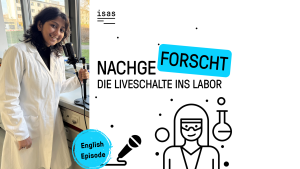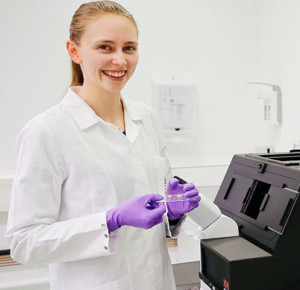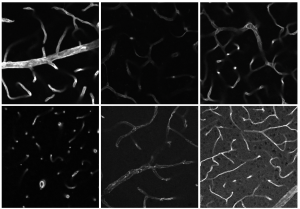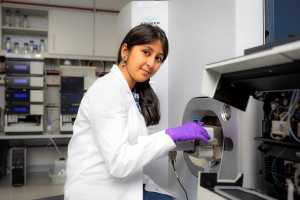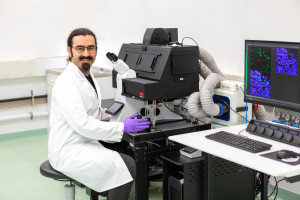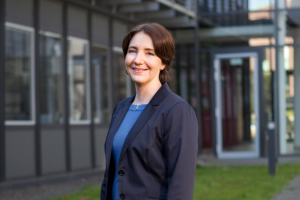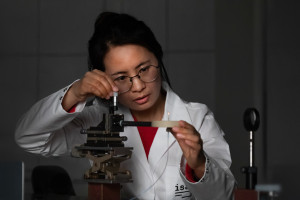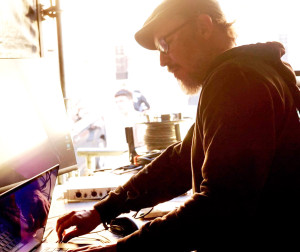Dortmund, 1st September 2021
Gaining more practical experience in science, that is Adriana Schneider’s goal. When the master’s student (bioengineering) learnt about ISAS in a lecture at TU Dortmund University, she decided to write her thesis here. Since November 2020, the japan-loving 30-year-old has been part of the Proteomics working group. She spends six to eight hours a day working in the laboratory.
Schneider is working on optimising the analysis of biological samples. For her master’s thesis, she researches methods of proteome analyses based on the connection of liquid chromatography and mass spectrometry (LC-MS).
Fast analysis & a high sample throughput
As high throughput is important for the analysis of clinical samples and in pharmaceutical research, Schneider wants to figure out which combination of LC-MS-methods and acquisition times provides the highest quality results with the shortest possible measurement times. For this, she considers all steps of the analysis: preparing the samples, handling and maintaining the LC-MS systems and evaluating the results are part of the junior researcher’s everyday work. Finally, she examines the analytical depth, meaning the quality, of the data obtained and checks whether the results are reproducible. Through her work, she hopes to help increase sample throughput in clinical and biomedical research. Schneider aims to submit her thesis in the summer of 2021. After that, the Dortmund researcher would not only like to broaden her Japanese language skills but also to continue working in the field of bioanalytics.
(Cheyenne Peters)
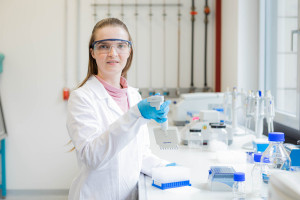
Adriana Schneider is regularly in the laboratory due to her master’s thesis. There the 30 year old knows every move.
© ISAS
